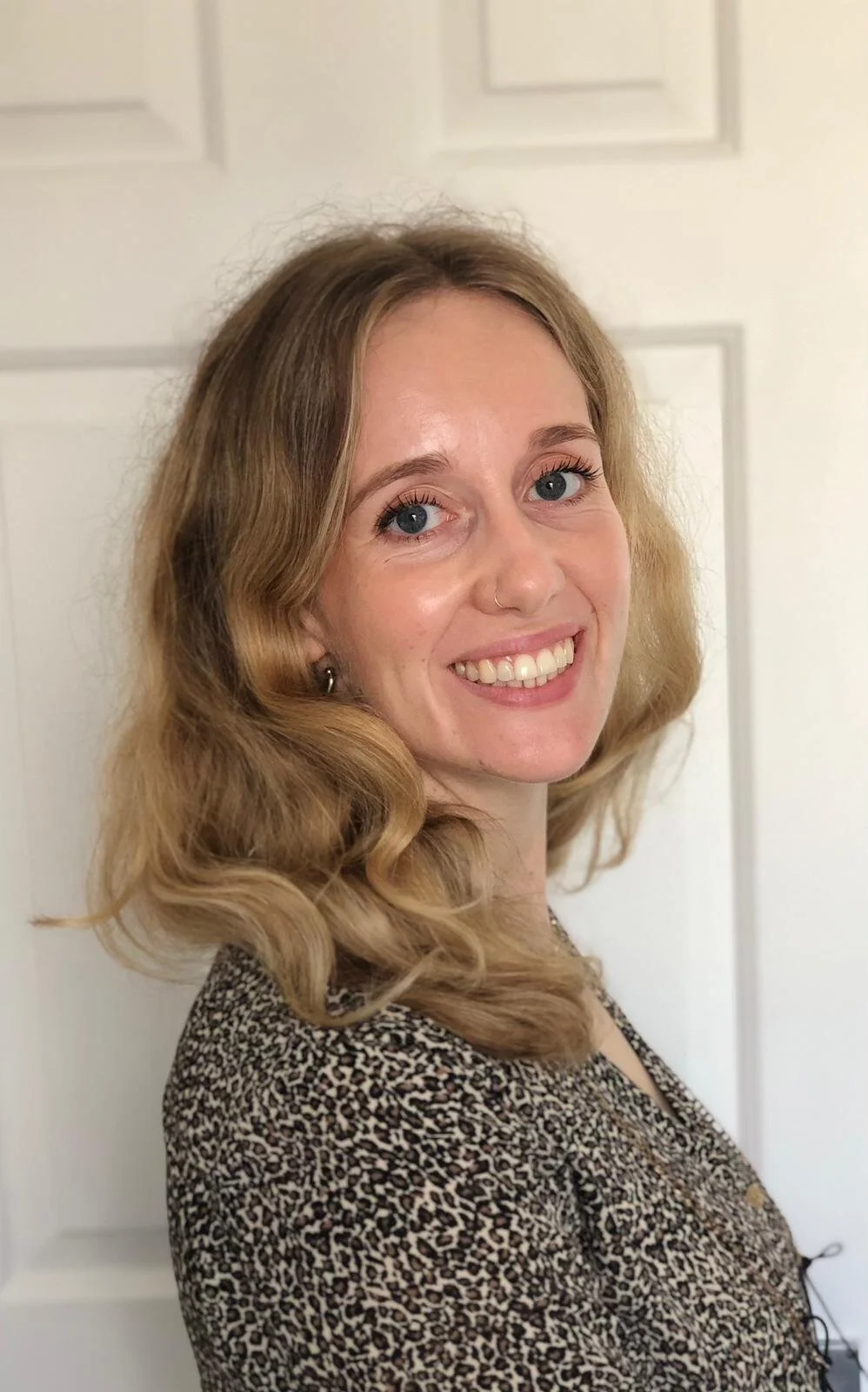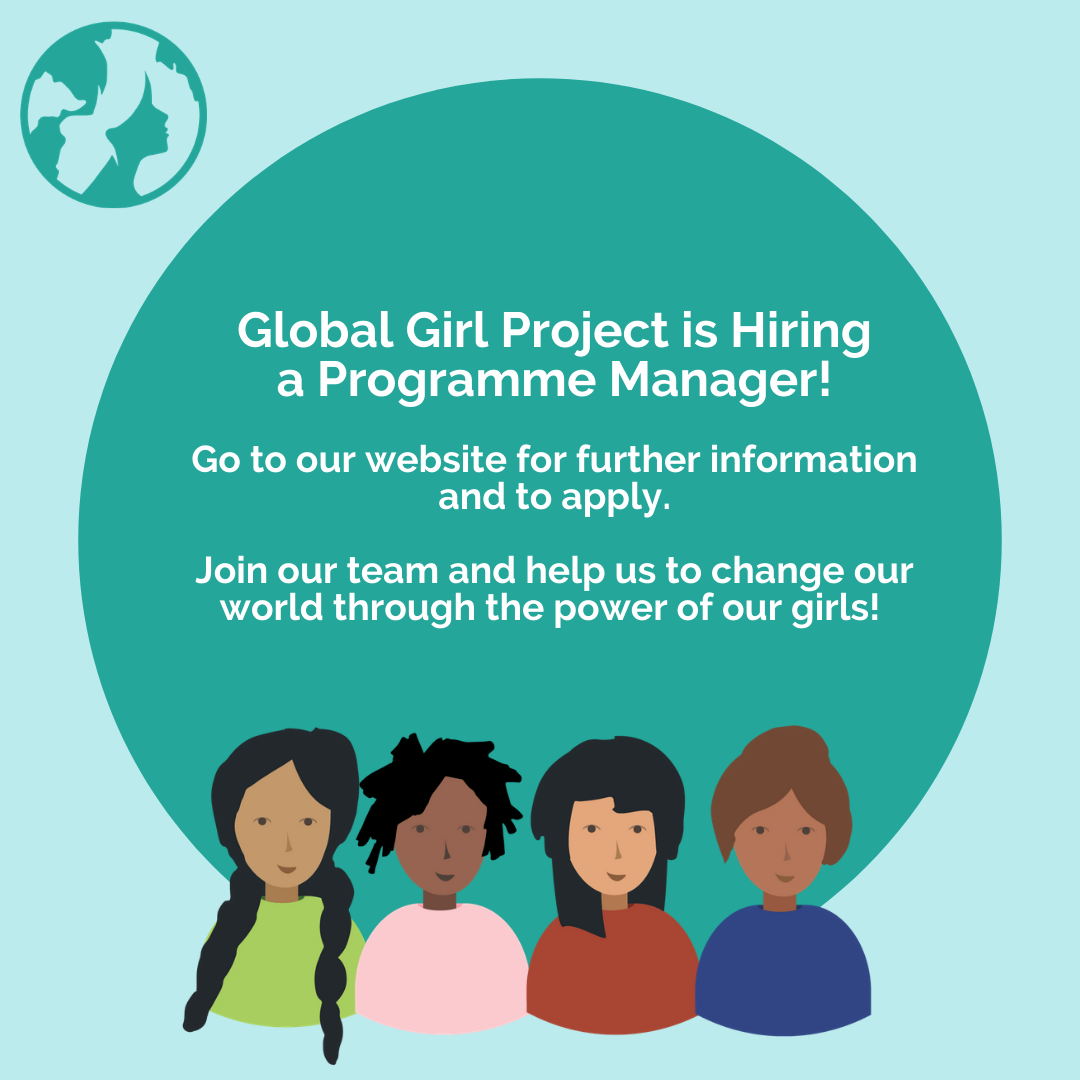It’s Day 7 of our month of movement and already many of you are showing #whoruntheworld. 1 week since we started GGRTW 2022 and we’ve managed to raise £5,758 already.
You can also see our progress between our partner countries as the kilometres are ticking up. We passed through Haiti at the weekend and are now on our way to South Africa!
What an encouragement and thanks to everyone who has signed up and is moving and raising money to support our leadership programmes in South Africa, Cambodia, Haiti, India and more.
IWD 2022 IS TOMORROW
It’s International Women’s Day tomorrow and we have set a target of raising £1,000 on March 8th, funding 10 educational grants, ensuring continued education for 10 graduates from the Global Girl Project Blended Learning Leadership Initiative.
So we’re asking you to do something special:
· RISE UP & MOVE for an hour – it’s a great way to start the day! Take a sweaty selfie & post it on social media (don’t forget to use the hashtags #globalgirlsruntheworld #whoruntheworld #iwd)
· NOMINATE 6 friends who inspire you and ask them to do the same (in your post). We want to multiply our impact today.
· GIVE £6 (or more) to Global Girl Project via our IWD Chuffed fundraising page. This will mean that the benefit from your hour of movement lasts longer than a day. We want to make lasting change.
WHY I GIVE
We asked one of our fundraisers to share why they have signed up to GGRTW and this is what they said:
“Watching with increasing horror the events unfolding in the Ukraine over the past week I felt really helpless. What can I do faced with such seemingly unstoppable violence?
Well – as the perfect antidote to feeling helpless, the month long virtual race supporting Global Girl Project appeared in my feed and I grabbed hold like it was a life-jacket of hope.
I’ve always used running as a stress reliever and now each step I take as I jog round my muddy local park will be helping to raise money to send girls in Cambodia or India to school with funded education grants.
I run and ask people to sponsor me, because it’s something I can do, to make a difference. I would like to encourage you to sign up today and you can be part of Global Girls Run The World this March.”





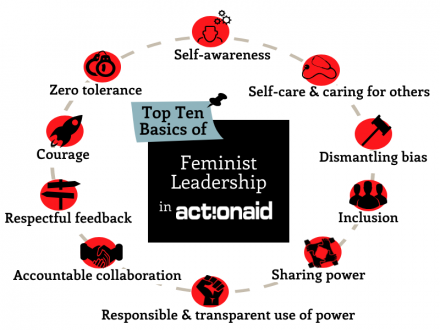
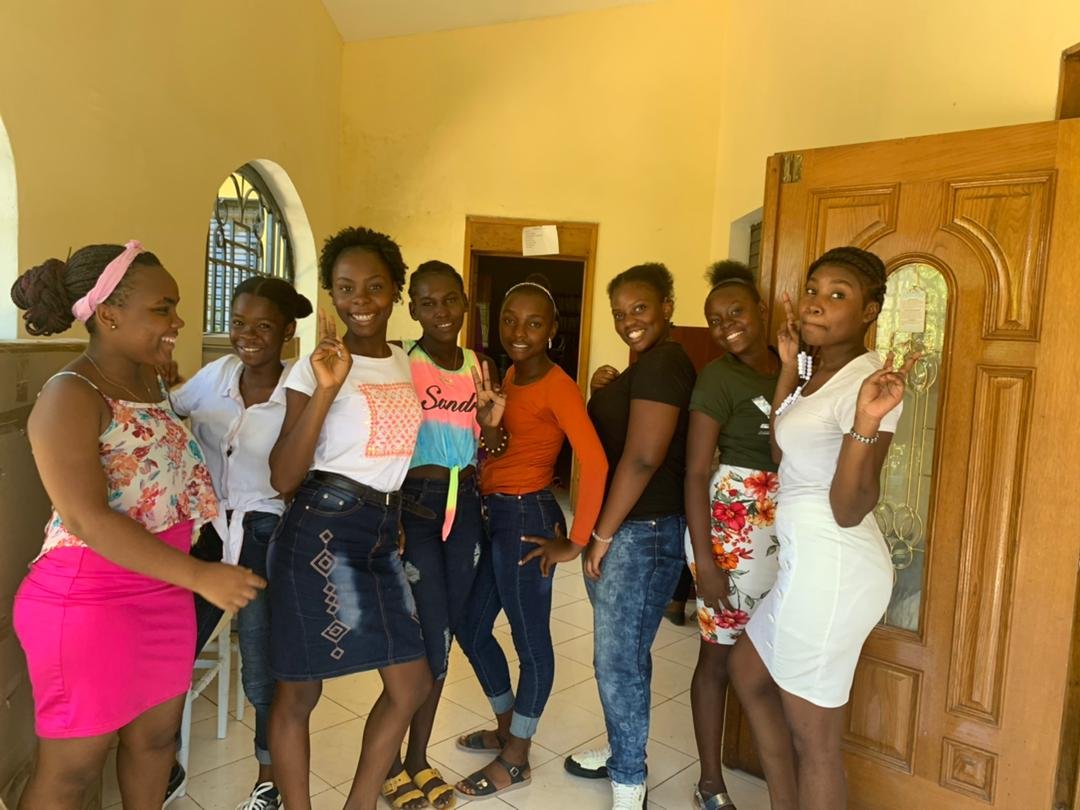
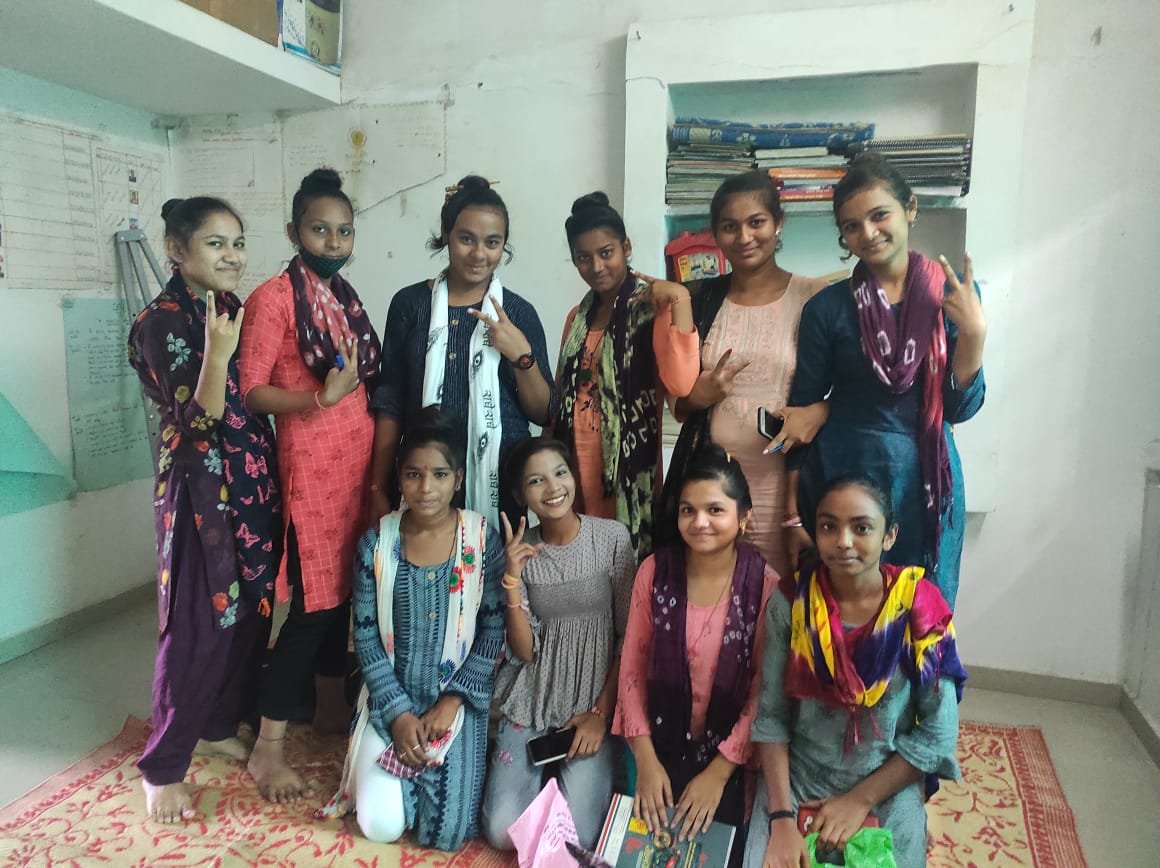
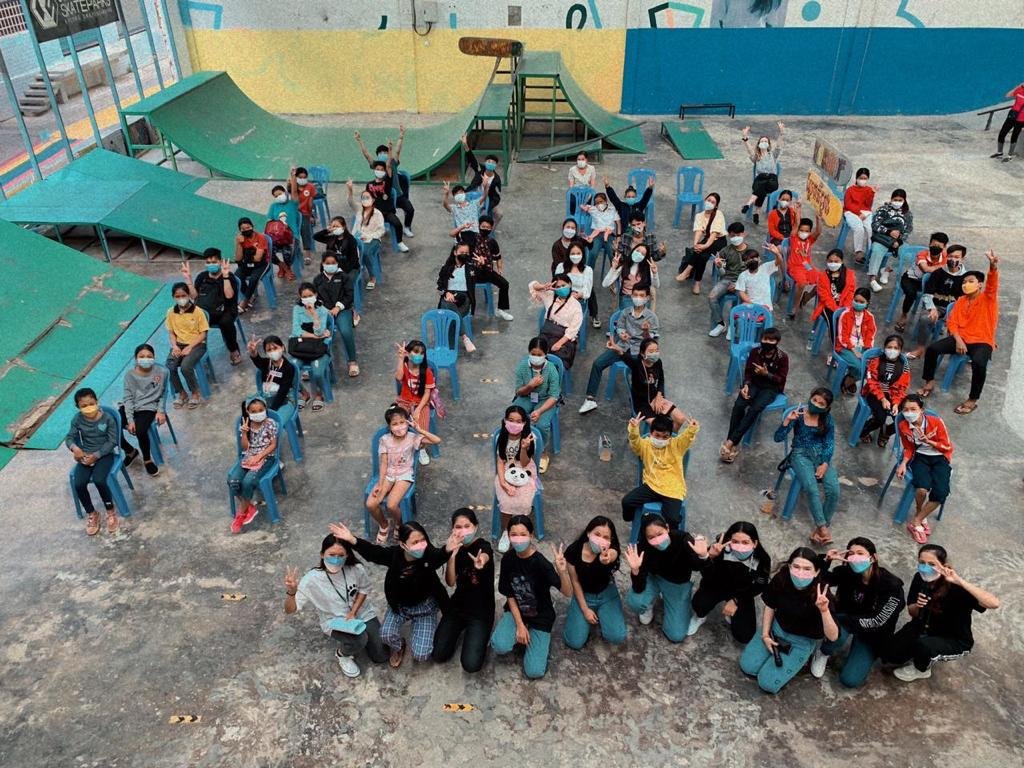
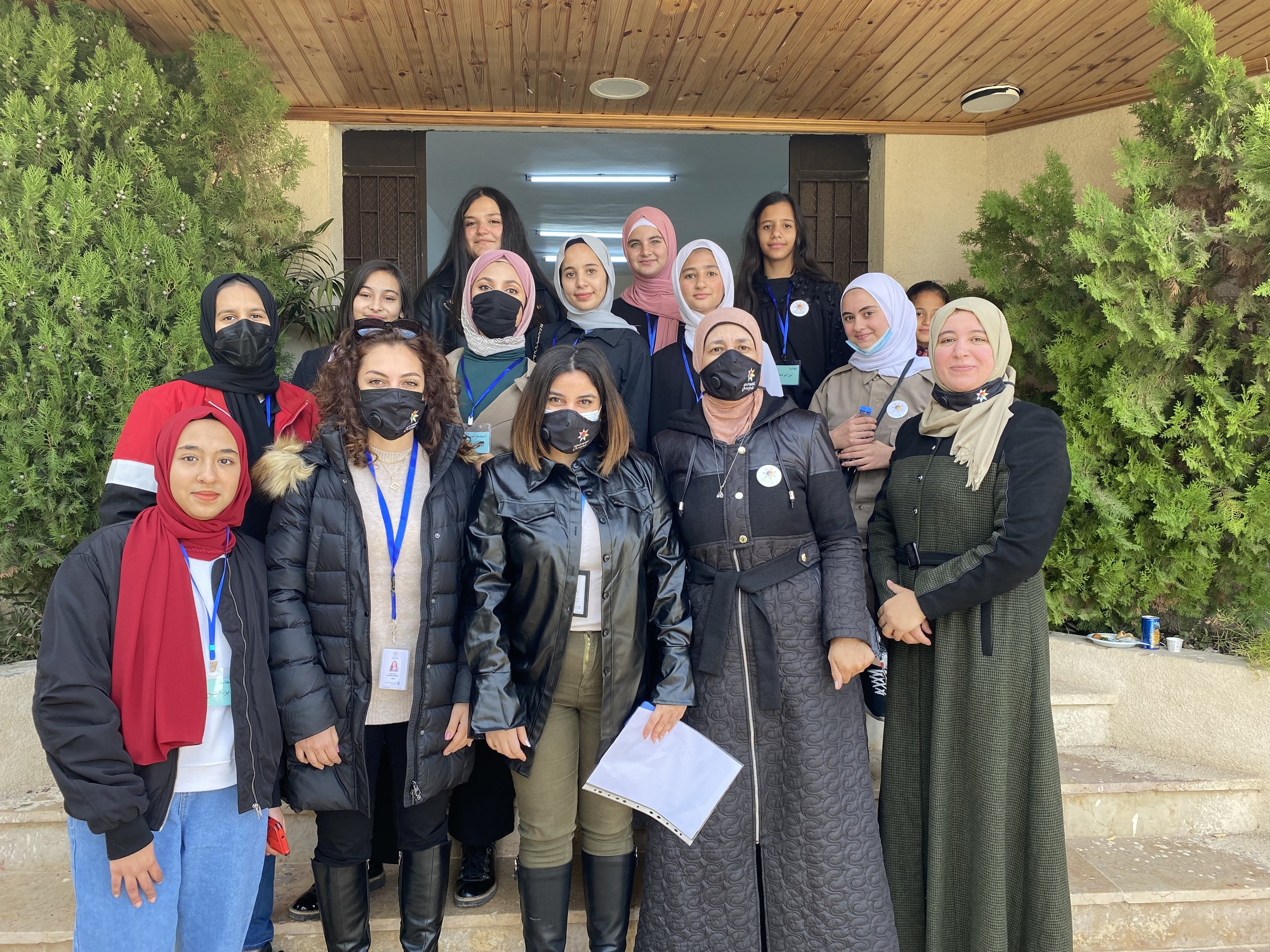
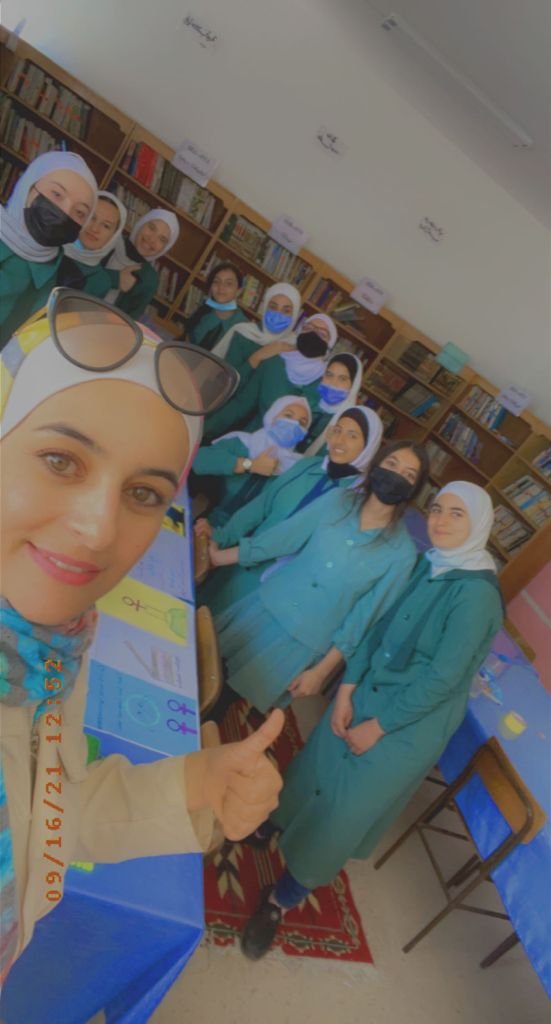
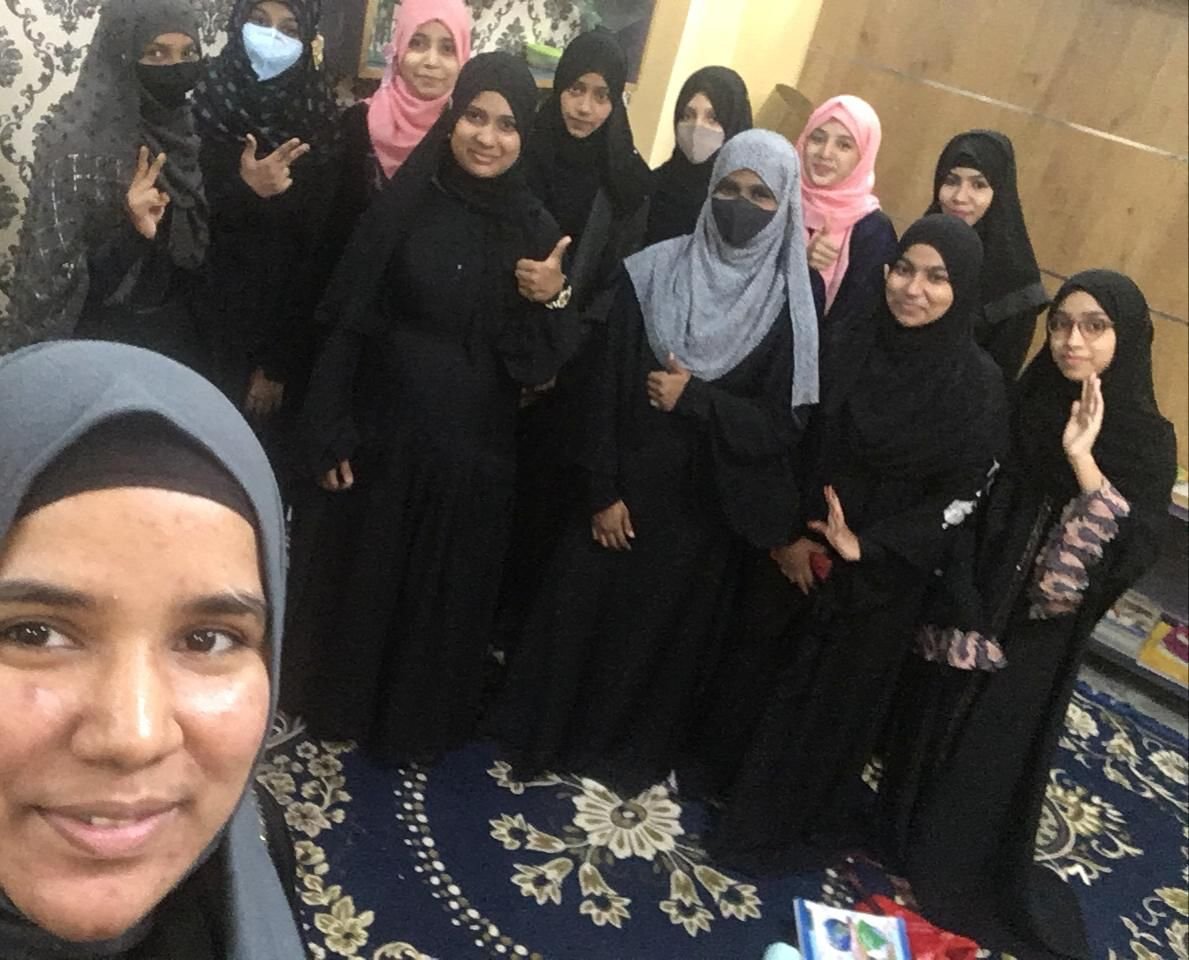
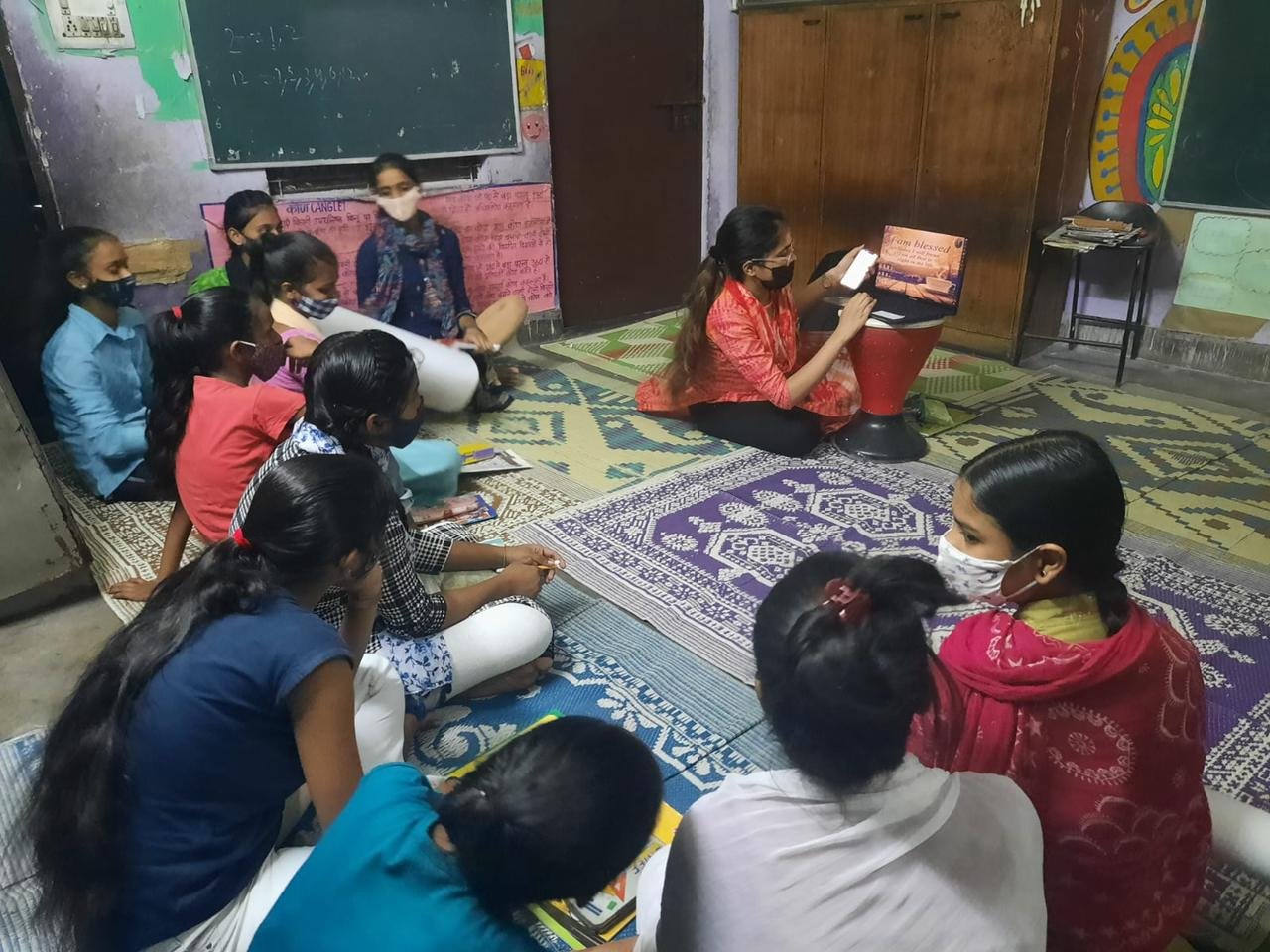


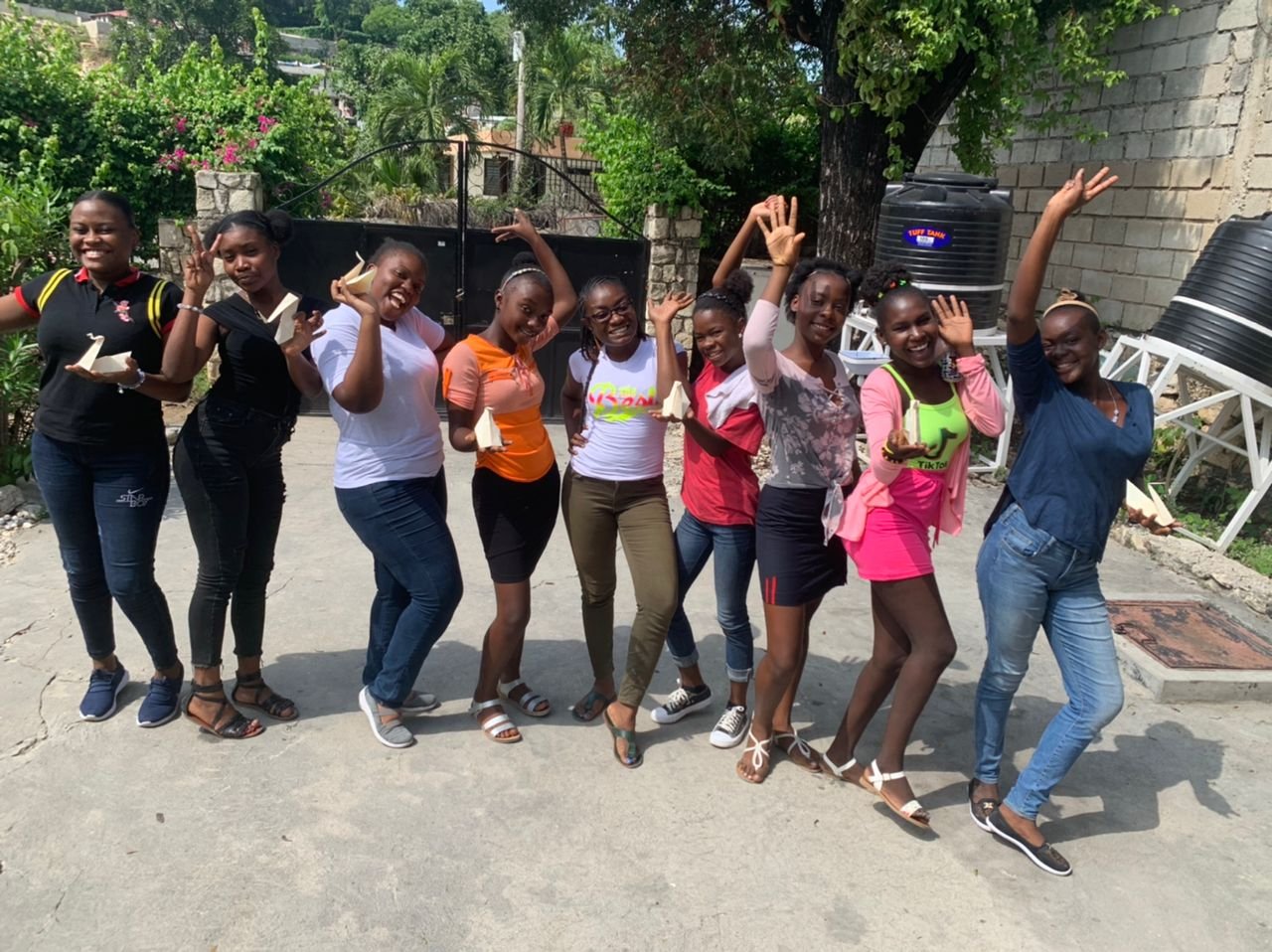






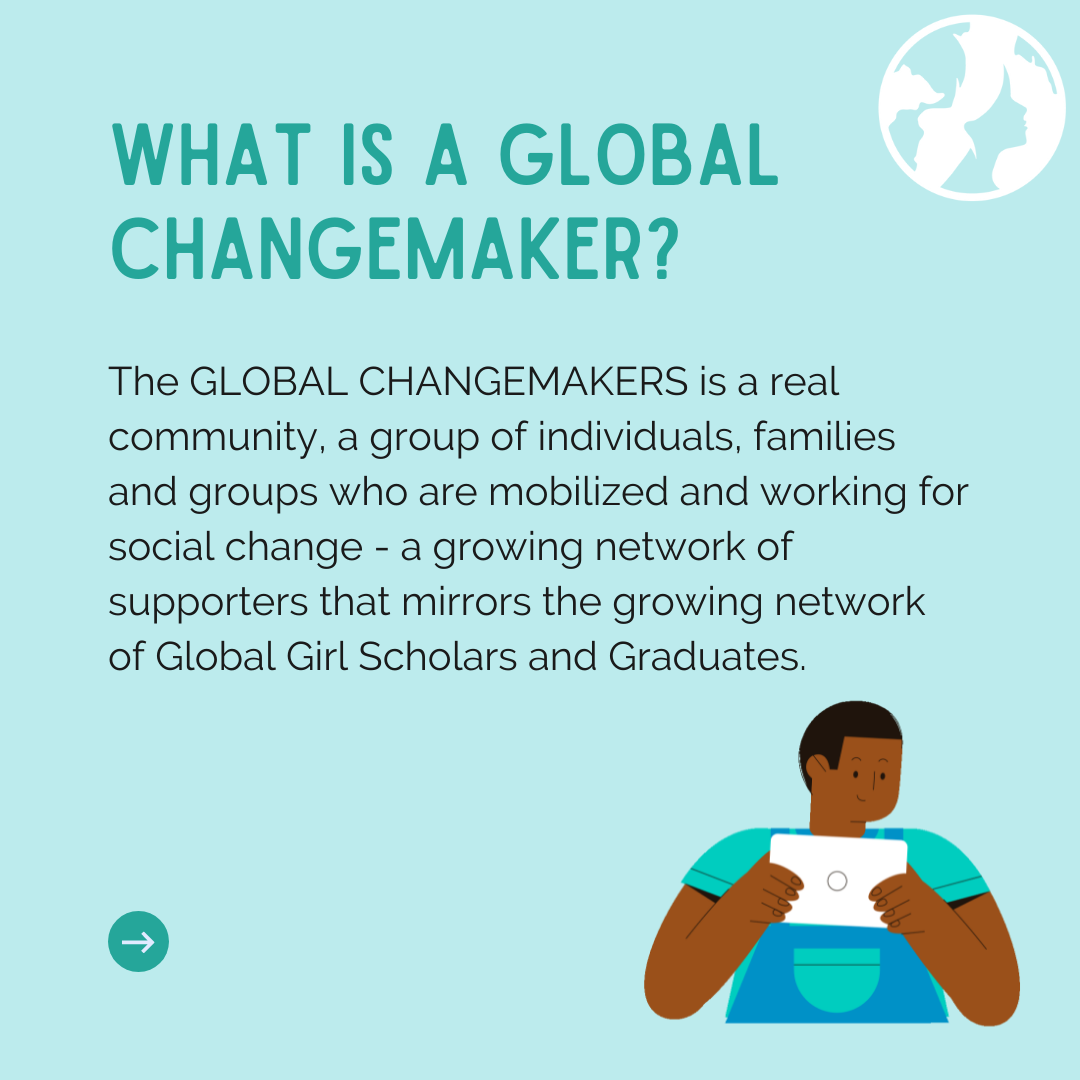
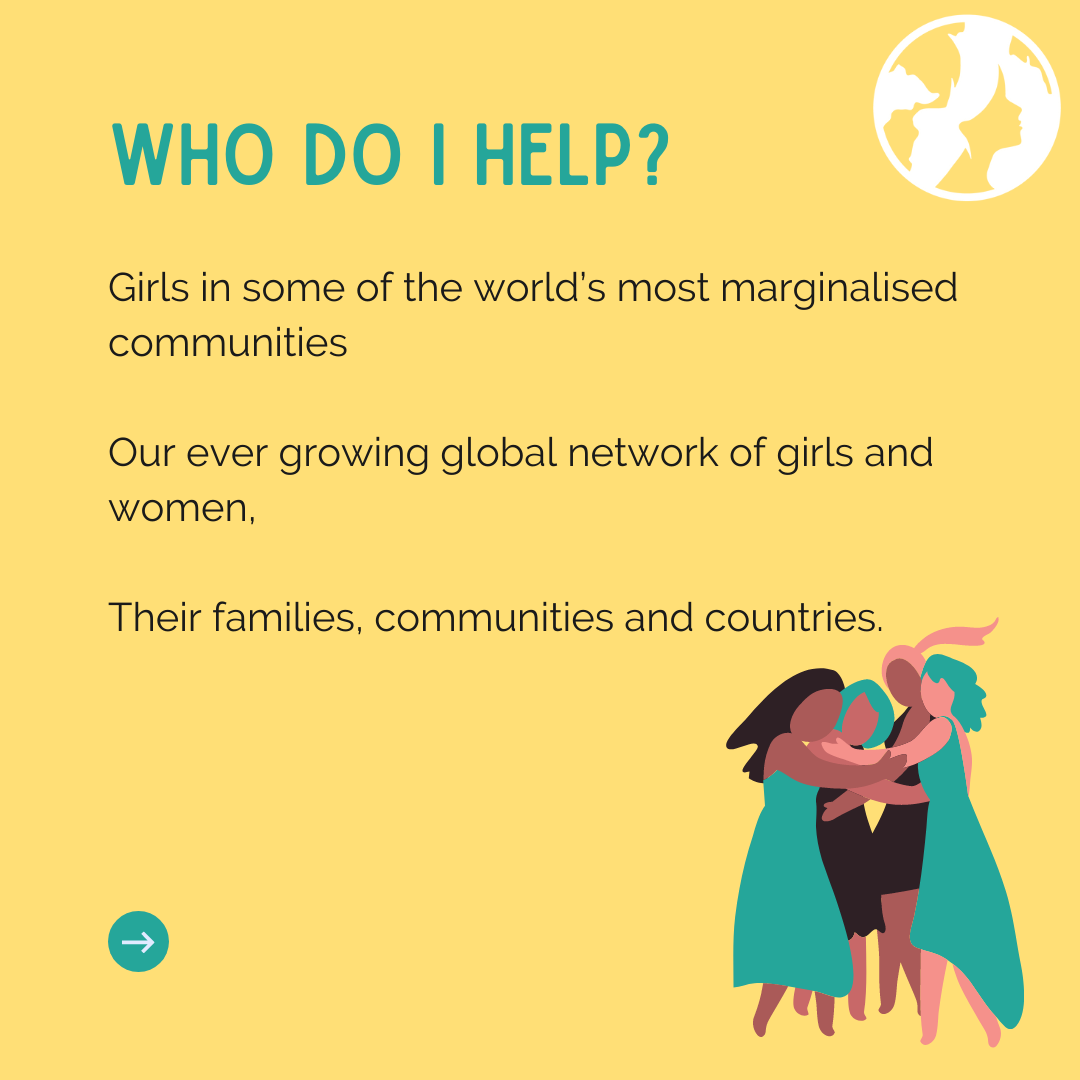


![CanvasLogoStacked_Color (1)[4].png](https://images.squarespace-cdn.com/content/v1/5844c7d6e4fcb5ef4d21ece5/1630404777656-Q3X4ZJISLTHLHX45W94F/CanvasLogoStacked_Color+%281%29%5B4%5D.png)



